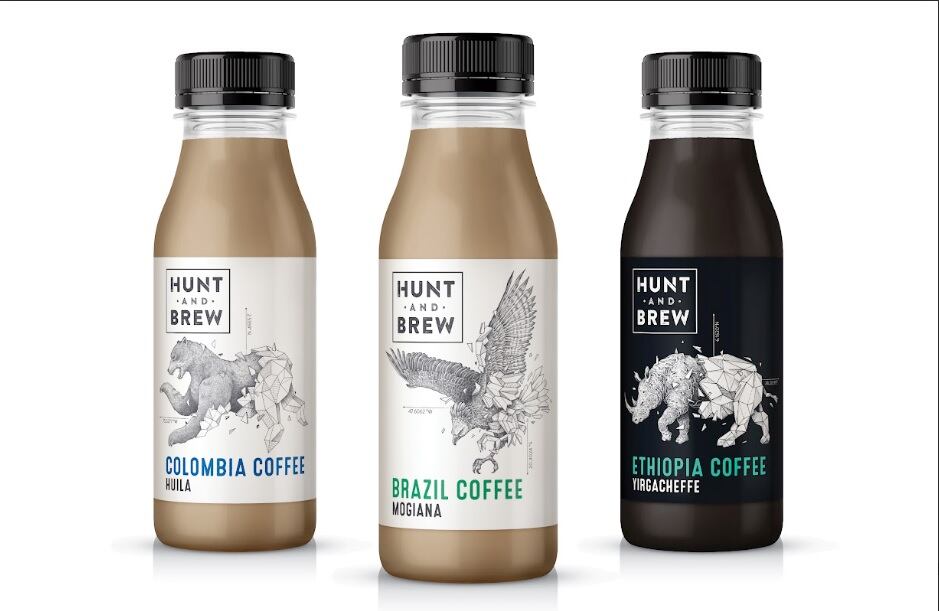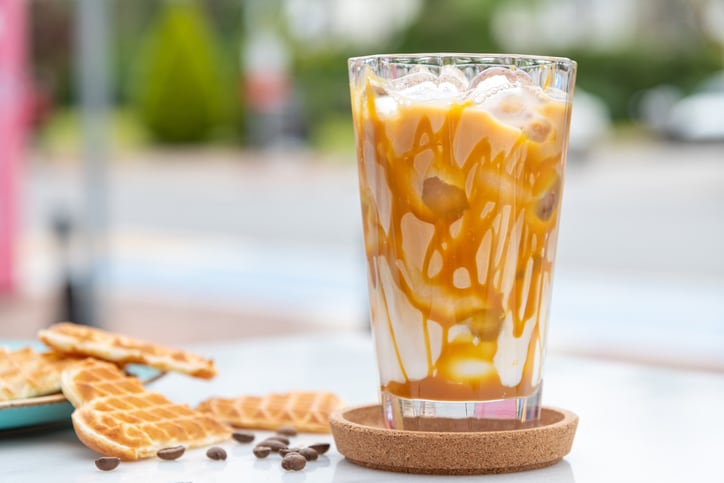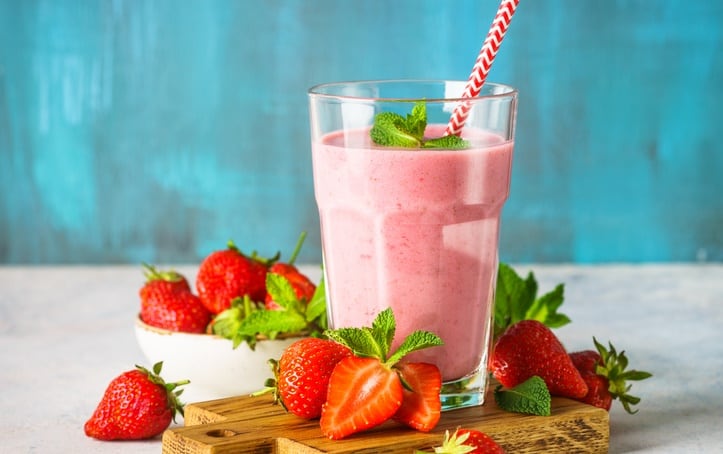Especially popular with younger generations, ready-to-drink coffee is booming. The global RTD coffee market is expected to show a CAGR of 8.54% 2020-2032, reaching $64.78bn by 2032, according to Fortune Business Insights.
One of the reasons for the category’s popularity is that it takes the indulgent café experience into an on-the-go format. And sweet drinks are one of the reasons that RTD coffee is attracting a younger generation of consumers, who are known to gravitate towards sweeter formats.
But that also means sugar levels in RTD coffee can creep up.
RTD coffee: ‘Dessert in a bottle’
In the US, many iced coffees contain more added sugar than the FDA recommends consuming in an entire day; others can contain far more sugar than that found in soda.
And a 2024 study found that an average RTD coffee sold in Indonesia (a market where RTD coffee is thriving) contributes to 35.7% of the daily recommended dietary allowance of sugar, with researchers calling on the government to limit sugar content in such products.
In the UK, the sugar content of RTD coffee has not gone unnoticed.
Such drinks are currently exempt from the UK’s Soft Drinks Industry Levy, which was introduced in 2018 as a way to tackle childhood obesity (and has been since used as a model for other sugar taxes worldwide as its design sets out to not just reduce sugar consumption but also encourage reformulation in drinks).
They escape by having the tax by having at least 75ml of milk per 100ml: thus qualifying for the milk-based drink exemption.
But RTD coffees often come in at over 5g sugar per 100ml (One of the UK’s best-sellers contains 9.3g of sugar per 100ml: which would place it in the higher band of the UK’s sugar tax).
However, a revamp of the levy could now see milk-based and milk-based alternatives become subject to the tax.
Action on Sugar, a UK campaign group, says tackling the high sugar in RTD coffees is a key move.
“RTD coffee like other drinks contain unnecessary amounts of added sugar. Excess sugar intake drives obesity, type 2 diabetes and tooth decay,” said Dr Kawther Hashem, head of research and impact at Action on Sugar, based at Queen Mary University of London.
“RTD coffee should, as with other types of drinks, be subject to the levy to encourage companies to innovate and reduce the amount of sugar.”
That’s something that Andrew Douglas, marketing manager at Hunt and Brew, an Australian RTD brand now available in the UK, agrees with. Unlike many others on the market, the brand contains no added sugar (the brand’s milk-based SKUs come in at 3.1g per 100ml, with sugars present from naturally occurring lactose in milk).

“This is long overdue given the sheer amount of RTD coffee the UK is drinking now, and it’s only expected to grow,” he said.
“For too long, the category has flown under the radar - hiding behind milk and coffee branding while stacking sugar levels that rival soft drinks. It’s not coffee, it’s dessert in a bottle.”
A healthier future for RTD coffee?
But it’s not just about dodging a sugar tax. RTD coffee is growing strongly globally. But that growth could be limited when consumers wake up to what’s in their coffee (that’s already starting to happen: a YouGov report that shows that 74% of UK coffee drinkers don’t buy RTD coffee because current products don’t replicate what you would get in a coffee shop; and 30% said that sugar was the main reason for this).
Market analysts have started to point out that high sugar content could be enough to hold growth in the category back.
If the category wants to ride the wave of today’s coffee culture – which is thriving thanks to specialty coffee and the quality and value of the brews – loading up with sugar or artificial ingredients not the way forward.
“You can’t market something as a convenient café-quality coffee and then load it with sugar or sweeteners for taste,” said Douglas of Hunt and Brew.
“If we want the category to grow up and be taken seriously as a part of daily life, like the coffee shop experience it tries to emulate - then it needs to be held to the same standards,” he said.
“There are definitely brands doing it right, but they’re the exception, not the rule.”


